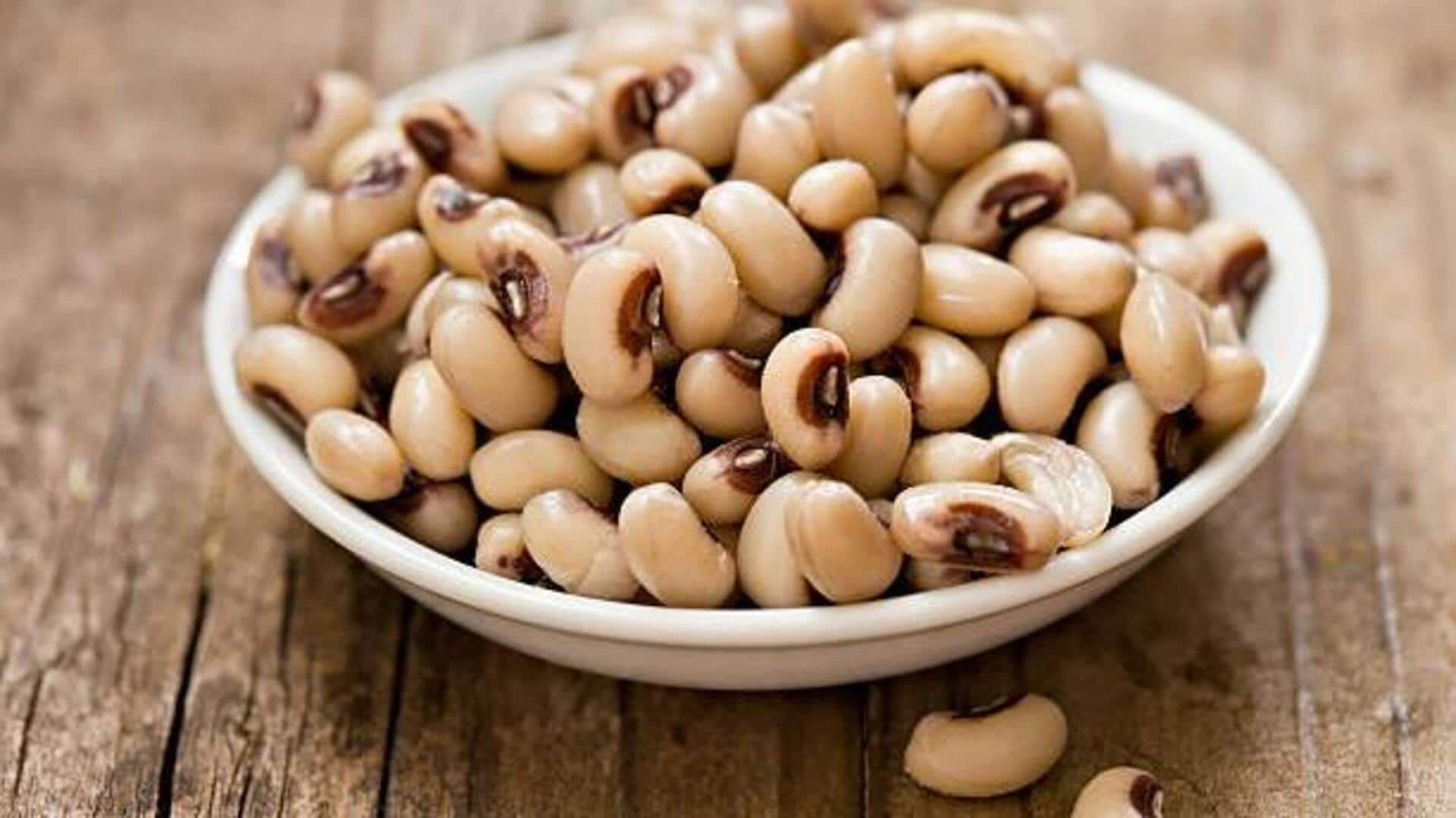
Why you should add black-eyed peas to your diet
What's the story
African black-eyed peas, a staple in many African cuisines, are gaining attention for their health benefits. These small legumes are packed with nutrients that can contribute to a healthier lifestyle. Rich in protein and fiber, they offer a plant-based source of nutrition that can support various bodily functions. Including them in your diet could be a simple way to boost your health without making drastic changes.
#1
Nutrient-rich composition
African black-eyed peas are loaded with essential nutrients such as protein, fiber, vitamins A and B6, and minerals like iron and magnesium. Their high protein content makes them an excellent substitute for meat. The fiber content aids digestion and keeps you feeling full, which can help with weight control. Vitamins A and B6 promote immune function and energy production, respectively.
#2
Heart health benefits
The fiber in African black-eyed peas also helps lower cholesterol levels by binding with bile acids in the digestive system. This process helps reduce overall cholesterol levels in the body, which is good for heart health. Further, the potassium content helps regulate blood pressure by balancing sodium levels in the body.
#3
Blood sugar regulation
African black-eyed peas have a low glycemic index, which means they release glucose into the bloodstream slowly. This property helps maintain stable blood sugar levels and prevents spikes after meals. The combination of fiber and protein also contributes to better blood sugar control by slowing down digestion.
#4
Bone health support
The calcium present in African black-eyed peas is essential for keeping bones healthy and strong. Along with magnesium, which helps absorb calcium better, they make a great combination for bone health. Eating these legumes regularly could help prevent conditions such as osteoporosis as one ages.